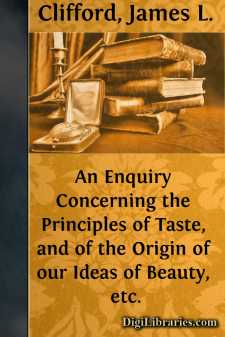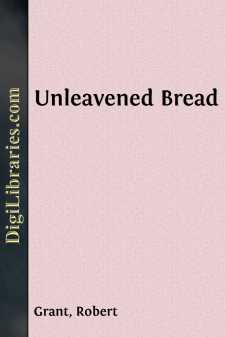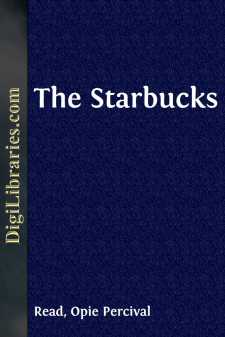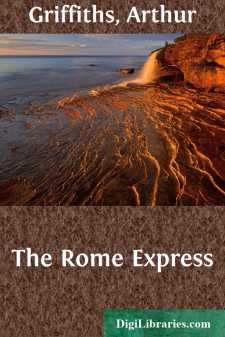Categories
- Antiques & Collectibles 13
- Architecture 36
- Art 48
- Bibles 22
- Biography & Autobiography 813
- Body, Mind & Spirit 142
- Business & Economics 28
- Children's Books 17
- Children's Fiction 14
- Computers 4
- Cooking 94
- Crafts & Hobbies 4
- Drama 346
- Education 46
- Family & Relationships 57
- Fiction 11829
- Games 19
- Gardening 17
- Health & Fitness 34
- History 1377
- House & Home 1
- Humor 147
- Juvenile Fiction 1873
- Juvenile Nonfiction 202
- Language Arts & Disciplines 88
- Law 16
- Literary Collections 686
- Literary Criticism 179
- Mathematics 13
- Medical 41
- Music 40
- Nature 179
- Non-Classifiable 1768
- Performing Arts 7
- Periodicals 1453
- Philosophy 64
- Photography 2
- Poetry 896
- Political Science 203
- Psychology 42
- Reference 154
- Religion 513
- Science 126
- Self-Help 84
- Social Science 81
- Sports & Recreation 34
- Study Aids 3
- Technology & Engineering 59
- Transportation 23
- Travel 463
- True Crime 29
Sort by:
INTRODUCTION Since the early nineteenth century it has been known that Frances Reynolds, the sister of Sir Joshua, was the author of an essay on taste, which she had printed but did not publish. Yet persistent search failed to turn up a single copy. It remained one of those lost pieces which every research scholar hoped someday to discover. In 1935 it appeared that the search was over. Among some...
more...
by:
Various
A RESULT OF BEING HOSPITABLE. SCENE—Small, but Fashionable Club in West-End. Algy. Waiter! bring me a brandy-and-soda. Don't feel up to the average to-day. Hughie. Late last night? Algy. Yes. Went to Mrs. CRAMMERLY's Dance, Prince's Gate. Goodness knows why I went! I don't think they'll get me there again in a hurry. Charlie (waking up from arm-chair). Were you a victim too?...
more...
CHAPTER I. ANCIENT HEADS OF THE FAMILY. Not more than a mile from the brisk little town of Nyack, on the Hudson river, and near where the road makes a sharp turn and winds up into the mountain, there lived, in the year 1803, an honest old farmer of the name of Hanz Toodleburg. Hanz was held in high esteem by his neighbors, many of whom persisted in pronouncing his name Toodlebug, and also electing him...
more...
by:
Various
JIM'S JOTTINGS. No. II.—RATS'-RENTS, THE RENTERS AND THE RENTED. [In which GINGER JIMMY gives his views of Lazarus, Dives, Dirt, Mother Church, Slum-Freeholders and "Freedom of Contract."] "The Golgotha of Slumland!" That's a phrase as I am told Is made use of by a party,—wich that party must be bold,— In the name of Mister LAZARUS, a good Saint Pancrage gent, Wot...
more...
by:
Robert Grant
CHAPTER I. Babcock and Selma White were among the last of the wedding guests to take their departure. It was a brilliant September night with a touch of autumn vigor in the atmosphere, which had not been without its effect on the company, who had driven off in gay spirits, most of them in hay-carts or other vehicles capable of carrying a party. Their songs and laughter floated back along the winding...
more...
THE PEOPLE OF THE HILLS. In every age of the world people who live close to nature have, by the more cultivated, been classed as peculiar. An ignorant nation is brutal, but an uneducated community in the midst of an enlightened nation is quaint, unconsciously softened by the cultivation and refinement of institutions that lie far away. In such communities live poets with lyres attuned to drollery....
more...
by:
Arthur Griffiths
CHAPTER I The Rome Express, the direttissimo, or most direct, was approaching Paris one morning in March, when it became known to the occupants of the sleeping-car that there was something amiss, very much amiss, in the car. The train was travelling the last stage, between Laroche and Paris, a run of a hundred miles without a stop. It had halted at Laroche for early breakfast, and many, if not all the...
more...
by:
Emily Burbank
FOREWORD Woman as Decoration is intended as a sequel to The Art of Interior Decoration (Grace Wood and Emily Burbank). Having assisted in setting the stage for woman, the next logical step is the consideration of woman, herself, as an important factor in the decorative scheme of any setting,—the vital spark to animate all interior decoration, private or public. The book in hand is intended as a brief...
more...
by:
Various
THE VALUE OF THE UNION. II. Having taken a hasty survey, in our first number, of the value and progress of the Union, let us now, turning our gaze to the opposite quarter, consider the pro-slavery rebellion and its tendencies, and mark the contrast. We have seen, in glancing along the past, that while a benevolent Providence has evidently been in the constant endeavor to lead mankind onward and upward...
more...
PRELUDE. AT THE HEAD OF THE BAY OF FUNDY. The Atlantic rushed across a mile or two of misty beach, boring into all its channels in the neck of Acadia. Twilight and fog blurred the landscape, but the eye could trace a long swell of earth rising gradually from the bay, through marshes, to a summit with a small stockade on its southern slope. Sentinels pacing within the stockade felt the weird influence...
more...











